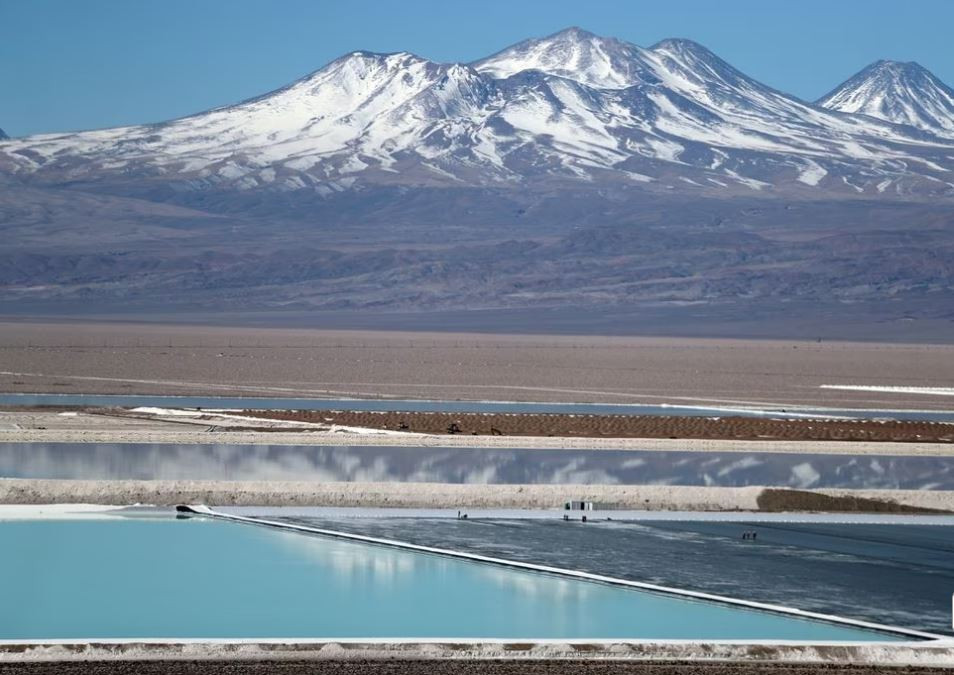
Chile’s President Gabriel Boric said on Thursday he would nationalise the country’s lithium industry, the world’s second largest producer of the metal essential in electric vehicle (EV) batteries, to boost its economy and protect its environment.
The shock move in the country with the world’s largest lithium reserves would in time transfer control of Chile’s vast lithium operations, from industry giants SQM and Albemarle to a separate state-owned company.
“This is the best chance we have at transitioning to a sustainable and developed economy. We can’t afford to waste it,” Boric said in an address televised nationwide.
Future lithium contracts will only be issued as public-private partnerships with state control, he said.
The government would not terminate current contracts, but hoped companies would be open to state participation before they expire, he said.
SQM’s contract is set to expire in 2030 and Albemarle’s in 2043.
Albemarle said the announcement would have “no material impact on our business” and it would continue talks on investing in further growth and using new technologies in Chile. SQM was not available for comment.
The announcement by Chile did not trigger a reversal in lithium prices, which have plunged more than 70% from a November peak due to weakening EV demand in China, the world’s biggest auto market.
The move is likely to spur a shift in future investment in lithium to other countries including Australia, the world’s biggest producer, analysts said.
Boric said state-owned Codelco, the world’s largest copper producer, will be tasked to find the best way forward for a state-owned lithium company and he would seek approval from Congress for the plan in the second half of the year.
Codelco and state miner Enami will be given exploration and extraction contracts in areas where there are now private projects before the national lithium company is formed.
Published in The Express Tribune, April 22nd, 2023.
Like Business on Facebook, follow @TribuneBiz on Twitter to stay informed and join in the conversation.


1732274008-0/Ariana-Grande-and-Kristin-Chenoweth-(1)1732274008-0-165x106.webp)















COMMENTS
Comments are moderated and generally will be posted if they are on-topic and not abusive.
For more information, please see our Comments FAQ